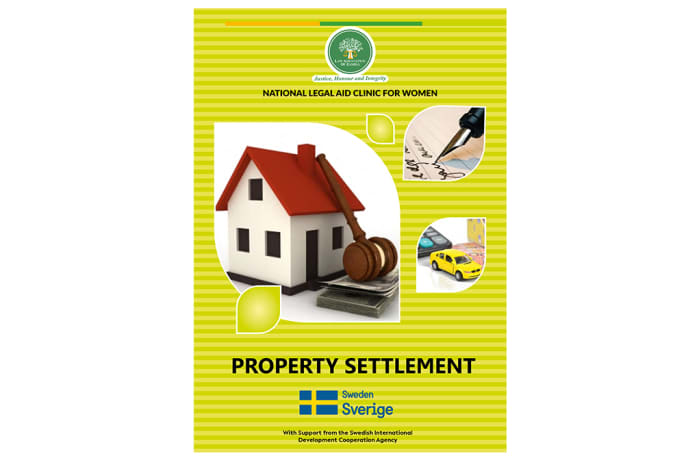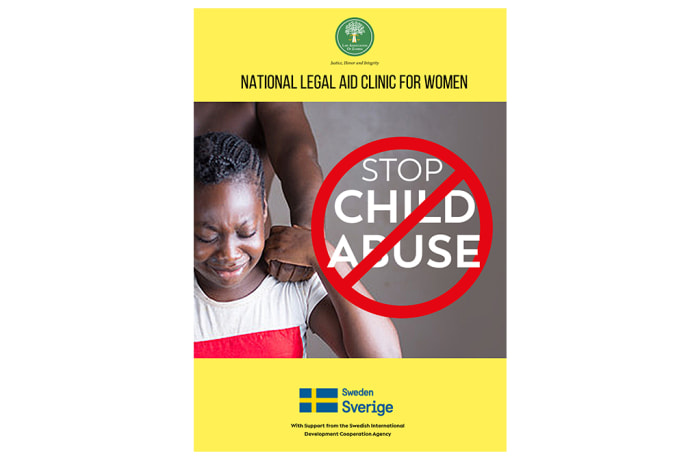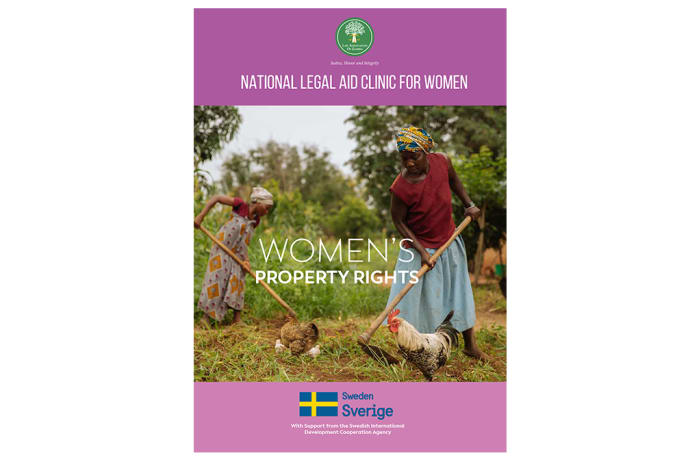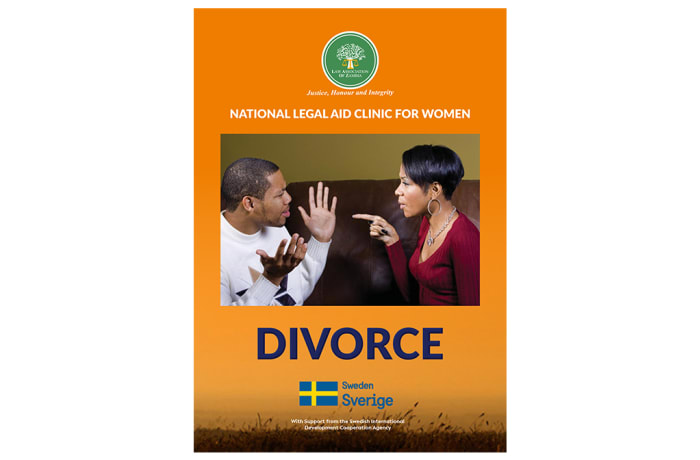
Property Settlement Booklet
Further information
WHAT IS PROPERTY SETTLEMENT?
This is the act of sharing property between two people who were previously married but have gotten divorced.
WHAT PROPERTY CAN BE SHARED?
The property that a couple gets while they are still married is shared by the parties. For this reason, all property bought belongs to them equally. It does not matter who bought the property.
WHO CAN APPLY FOR PROPERTY SETTLEMENT?
Either the husband or wife in a marriage which has just ended can apply to court for property settlement. Once the marriage ends, all the property bought during the marriage must be shared.
WHICH COURT CAN HEAR APPLICATIONS FOR PROPERTY SETTLEMENT?
This depends on the type of marriage:
• Where a couple marries under our traditional laws (or Customary Law), the couple should go to the Local Court, who will decide how the property will be shared.
• Where the couple marries at City Council, then they must go to the High Court, who will then decide how the property will be shared.
• Where the couple marries in church or some other religious building, the High Court will decide how the property will be shared.
Learn more by downloading a pdf version of this booklet. Copy and paste this link into your browser:
https://res.cloudinary.com/dhsjpmqz9/image/upload/v1685367048/11_.PROPERTY_SETTLEMENT_me3h5e.pdf









